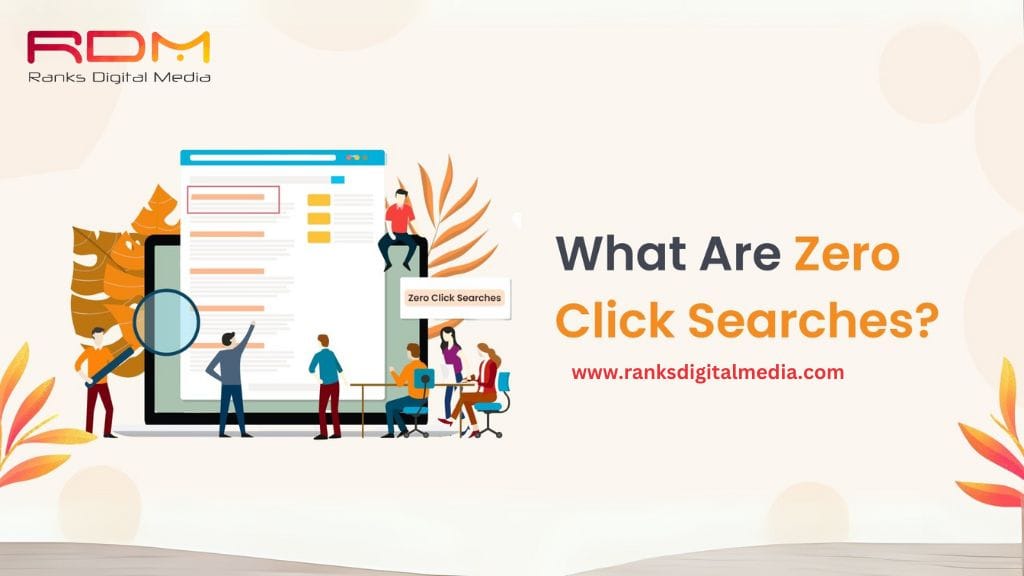In the ever-evolving world of digital marketing, it’s crucial to understand the various strategies available to enhance your online visibility. Two essential components are local SEO and business listing. While they may seem similar at first glance, they serve different purposes and require distinct approaches. In this article, we will delve into the difference between local SEO and business listing, exploring their unique characteristics, benefits, and how they contribute to your overall marketing strategy.
Contents
What is the Difference Between Local SEO and Business Listing?
Local SEO and business listing are two distinct strategies aimed at improving your online presence. While they both focus on increasing visibility in search engine results, their approaches and outcomes differ significantly.
Local SEO: Boosting Visibility in Local Searches
Local SEO (Search Engine Optimization) is a targeted approach to optimize your online presence for location-based searches. It revolves around ensuring your business appears prominently in search results when users look for products or services within a specific geographic area. Let’s explore the key aspects of local SEO:
- Geographical Relevance: Local SEO emphasizes targeting a specific location or region to attract customers within your vicinity. By optimizing your website for local keywords, your business becomes more discoverable to individuals searching for relevant services in their area.
- Google My Business: Setting up and optimizing your Google My Business (GMB) profile is a crucial aspect of local SEO. GMB allows you to manage your business information, including contact details, operating hours, and customer reviews, making it easier for potential customers to find and engage with your business.
- Localized Content: Creating high-quality, localized content is essential for local SEO. Tailor your website content, including landing pages, blog posts, and service descriptions, to incorporate location-specific keywords and phrases. This helps search engines understand your geographical relevance and improves your chances of ranking higher in local search results.
- Citations and NAP Consistency: Citations are mentions of your business on external websites, such as online directories or review platforms. Consistency in your NAP (Name, Address, Phone number) across these citations is crucial for local SEO. Search engines rely on accurate and consistent NAP information to determine the credibility and legitimacy of your business.
Business Listing: Nurturing Online Directories
Business listing, also known as directory listing, focuses on submitting your business information to various online directories or listing platforms. The goal is to ensure your business details are consistent and readily available across multiple directories. Let’s explore the key aspects of business listing:
- Increased Online Visibility: Business listing improves your online visibility by ensuring your business information is present on popular online directories, such as Yelp, Yellow Pages, or Bing Places. When users search for businesses on these platforms, your listing will appear, increasing the chances of attracting potential customers.
- Consistent Information: Consistency is crucial in business listing. Ensure your business details, such as name, address, phone number, and website URL, are accurate and consistent across all directories. Inconsistencies can confuse potential customers and negatively impact your online reputation.
- Enhanced Local Citations: Business listing involves creating citations on various online directories. These citations, which include your business information, contribute to your local SEO efforts by signaling to search engines that your business is legitimate and trustworthy.
- Customer Reviews: Online directories often provide a platform for customers to leave reviews and ratings for your business. Encouraging customers to leave reviews on these platforms can significantly impact your online reputation and credibility. Positive reviews can attract more customers and improve your search engine rankings.
FAQs: Frequently Asked Questions
- What is the primary goal of local SEO?
Local SEO aims to increase visibility in location-based searches and attract customers within a specific geographic area. - How does business listing contribute to local SEO?
Business listing creates citations on various directories, which signal to search engines that your business is legitimate and relevant to the local area, thereby enhancing your local SEO efforts. - Can I perform local SEO without a physical store or office?
Yes, even if you operate solely online or have a service-based business without a physical storefront, you can still benefit from local SEO. Focus on targeting specific locations or regions in your content and optimizing for relevant local keywords. - Is business listing necessary if I already have a website?
Yes, business listing complements your website by ensuring consistent and accurate business information across multiple directories. It expands your online presence and increases your chances of being discovered by potential customers. - Are customer reviews important for local SEO?
Yes, customer reviews play a vital role in local SEO. Positive reviews not only attract potential customers but also contribute to your overall online reputation, enhancing your visibility in search engine results. - Can I handle local SEO and business listing myself, or should I hire a professional?
While it’s possible to handle local SEO and business listing on your own, hiring a professional can provide expertise and save you time. Professionals stay updated with the latest trends and best practices, ensuring optimal results for your business.
Conclusion
Understanding the difference between local SEO and business listing is crucial for effectively optimizing your online presence. Local SEO focuses on targeting specific geographic areas, optimizing website content, and utilizing platforms like Google My Business. On the other hand, business listing ensures consistent information across multiple directories, expanding your online visibility and enhancing your local citations. By utilizing both strategies, you can improve your chances of being discovered by potential customers, boost your online reputation, and ultimately drive business growth.
In today’s competitive digital landscape, investing in local SEO and business listing is essential to stay ahead. Implementing the best practices discussed in this article will help you optimize your online presence, attract local customers, and achieve long-term success.
At Ranks Digital Media, we specialize in providing top-notch local SEO services that can transform your online visibility and drive targeted traffic to your business. Our team of experienced professionals understands the intricacies of local search algorithms and knows how to optimize your website and online presence to dominate local search results. Whether you’re a small local business or a multi-location enterprise, we have the expertise and tools to help you succeed. Don’t let your competitors outrank you in local searches. Contact Ranks Digital Media today and take your local SEO to the next level!









